Greetings from Read Max HQ! In today’s newsletter, an examination of “Benson Boone”--whose song “Beautiful Things” you know very well even if you have never encountered the man’s name--and his relationship to the new FYP monoculture.
Before we start, a reminder: This newsletter exists because of the generosity of paying subscribers. I spend a lot of time reading, writing, thinking, listening to “Benson Boone,” etc., and I’m only able to treat this newsletter as a full-time job because people value what I do enough to pay for it. If you get something out of this newsletter--information, analysis, entertainment, a wry chuckle--please consider upgrading to a paid subscription for the low price of roughly one beer a month:
Like a lot of decadent coastal intellectuals, I had not heard of “Benson Boone” until this week, when the musician’s athletic Grammys performance of his song “Beautiful Things” hit the top of every platform’s algorithmic feed:
When I say I had not heard of “Benson Boone,” I meant I was not aware of the existence of the person in this video, who looks a bit like Paul Mescal if he was playing Freddie Mercury in a touring production of something called Bohemian Rhapsody: The Live Experience and also was taking 300mg of Wellbutrin daily.
The song, however--I know the song, even if I did not know its title until I began to write this post. (“Beautiful Things”) I suppose until this week I assumed it didn’t even have a title--that it was a prototype, engineered in a remote Walgreens lab dedicated to building the perfect drugstore song. Boone seems like a nice guy and is a committed and dynamic performer; I wish him personal happiness. However I would be happy to never hear this song again in my life, or anything that sounds like it.
Where did I know the song? How did it know it, without knowing “Benson Boone”? Well, from Walgreens, to some extent--but more than anything, from short-form video apps. Many people on X (“the Everything App”) noted the same thing:
“I don’t know anything about this guy (amazing gymnast), but this song is always in instagram reels of influencer couples who are one Audi repo away from a murder-suicide at a Hyatt regency.” (@arod_twit)
“benson boone makes music for reels where a lady is washing a baby pig in a sink” (@karlimarulli)
type of music that’s layered over “how my husbands 🌽 addiction ended our marriage, but now we co-parent our four autistic boys like nobody’s business” tiktoks (@violentlyepic)
One of the few beautiful things about the architecture of both TikTok and Instagram is that it’s possible to sort videos by music, and see most of the videos that use a particular song as their backting track. So I can search TikTok and Instagram by “🎵 Beautiful Things - Benson Boone” and confirm there is an entire Benson Boone-iverse of content out there, containing, among other delights, family influencers:
Gender reveals:
Wedding photos:
Travel influencers:
 Tiktok failed to load.
Tiktok failed to load.Enable 3rd party cookies or use another browser
Birth announcements:
 Tiktok failed to load.
Tiktok failed to load.Enable 3rd party cookies or use another browser
Home-design influencers:
Relatable (?) relationship stuff:
 Tiktok failed to load.
Tiktok failed to load.Enable 3rd party cookies or use another browser
Hustle-mindset advice:
Bardominiums1:
 Tiktok failed to load.
Tiktok failed to load.Enable 3rd party cookies or use another browser
Astrology consultations:
And, my favorite, whatever this is2:
The obvious antecedent for “Beautiful Things” are the canned alt-rock epics of Imagine Dragons, a band whose music I associate with trailers to, like, late installments in Dreamworks Animation franchises I did not know existed but that make $300 million at the box office, and to whose frontman’s label Boone is signed. In a formal sense, Imagine Dragons’ genre is sort of … “post-dubstep alt rock,” or something, but practically speaking I would classify them as “retail-store anthemic,” an umbrella term that also includes AWOLNATION, Onerepublic, Sia, Hozier, arguably even Mumford & Sons, etc.
In normal circumstances I would consign “Beautiful Things” to the retail-store anthemic bin, or maybe the related genre “car commercial rock.” But while Boone obviously gets a lot of play in physical retail settings, not to mention BMW commercials, “big box store” is no longer the default environment to hear “inoffensive anthemic adult contemporary.” (Nor, for that matter, given the rise of streaming and the displacement of network or cable television, are truck commercials.) Instead, Boone is more strongly associated with the quintessential contemporary American third space: The For You Page.
TikTok, for better or worse, has come to play a crucial hitmaking role in the music industry--an essential place for people to discover new music and artists. But usually the path is to get your track attached to a dance or trend. “Beautiful Things” managed to crack the top 10 songs on TikTok last year without any kind of associated challenge--not because it’s so unbelievably hooky it simply had to break through (though it is hooky), but because it’s perfectly engineered to soundtrack short-form videos.
What do I mean by that? “Beautiful Things” establishes a particular mood--bittersweet, positive, earnest, somewhat uplifting--that befits influencer-style content. It’s vaguely retro in a way that feels “timeless” and unaffiliated to any particular moment or subculture. And, maybe most importantly, it’s built around a unmissable break or transition that lends itself to Capcut edits. (So much short-form video is structured as a before/after or a setup/punchline.)
This set of formal qualities comprises a burgeoning genre (such as it is) that I’d “FYPcore.” Other examples incldue Djo’s “End of Beginning” (which the TikToker above refers to as “When I’m Back in Chicago”); the Dutch singer Sevdaliza’s song “Alibi”; and, I’d argue, Tommy Richman’s “Million Dollar Baby,” though of course that one does have a dance to go with it. (“Good 4 u” might qualify too?)
I say burgeoning because while the number of truly FYPcore songs right now is small, I fully expect adult contemporary songwriting to start shaping itself around the desires of the TikTok market. “Music for Instagram Reels” is potentially a big business, and if you can’t will a viral dance out of your music, you can at least ensure that it will be the perfectly uplifting accompaniment to videos of your husband coming home from his job as a Bardominium salesman or “POV: When you finally accept your trauma from being a middle child.”
One final thing I’ve learned about Benson Boone, that ties it all together:
Here’s Zuck talking about Boone on the YouTube show Track Stars:
And here he his responding to Boone on Threads after the Grammys:
One thing that occurs to me about Benson Boone is that he, and the universe of short-form video he’s soundtracking, are thoroughly “west of the Rockies” phenomena. I don’t say this just because Boone is one of the most profoundly Mormon entertainers I’ve ever seen--it’s also that the whole world of “barndominiums” and aging tattooed male Christian influencers for whom he serves as background music is effectively incomprehensible to my pathetic northeastern mind. Not that he’s unpopular over here on the other side of the continental divide, or that we don’t do gender reveals or big Coachella hats--but it’s clear these are imported cultural trends, and one consequence of social media is the increasing West-ification of the entire U.S.


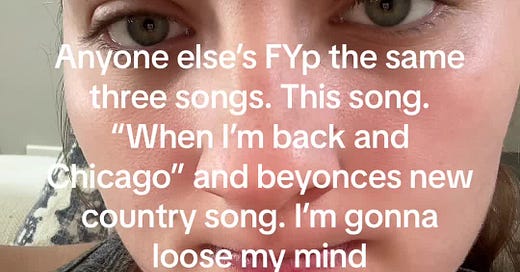




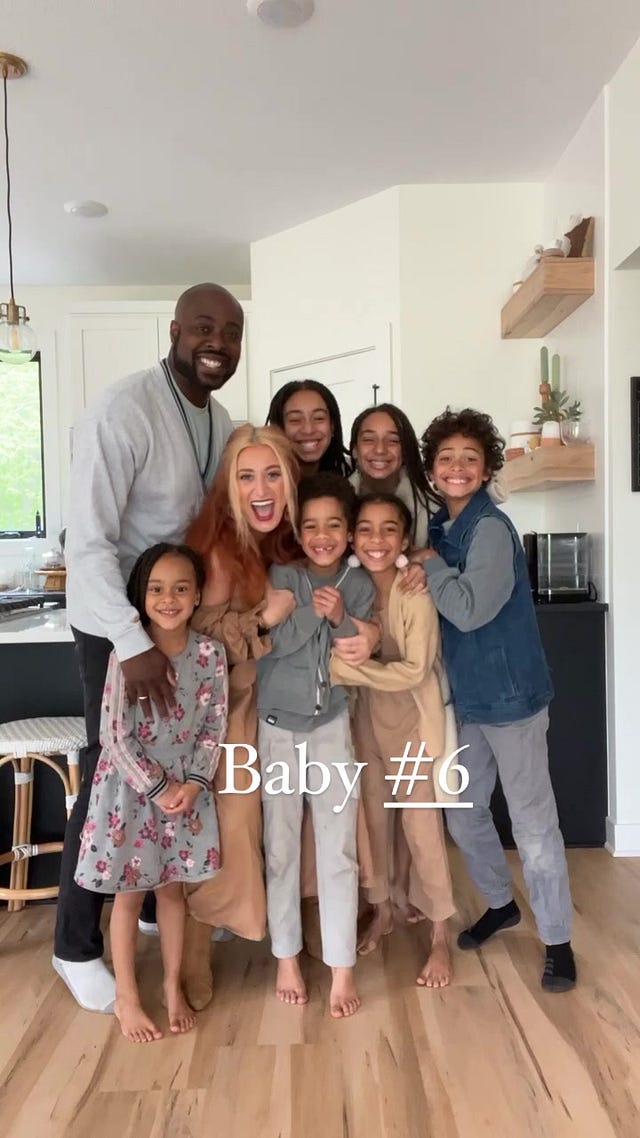
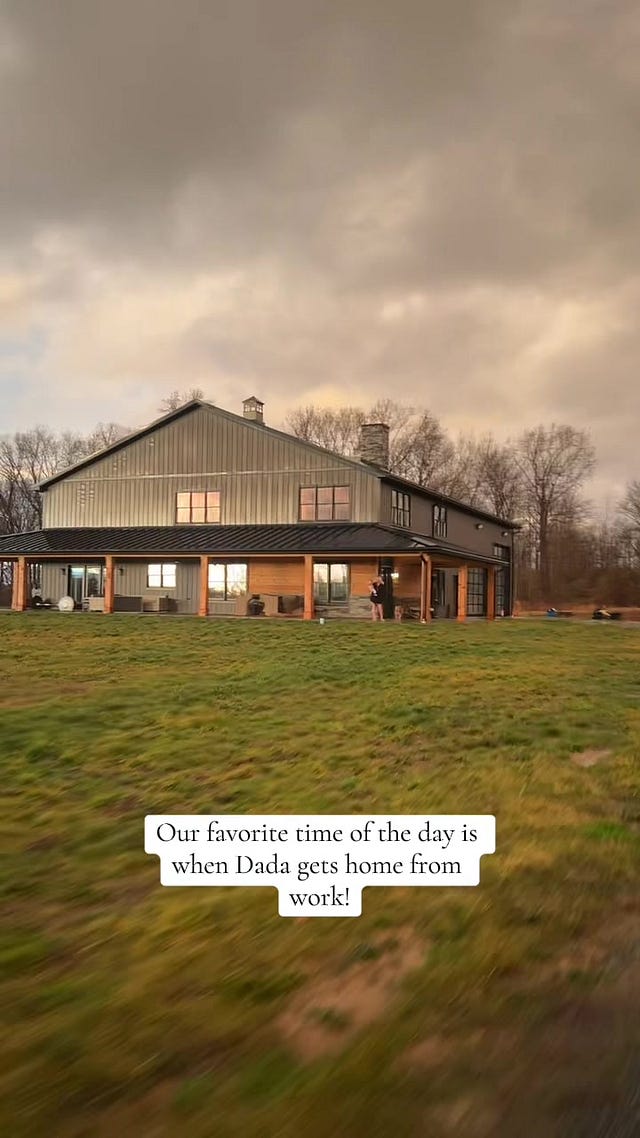

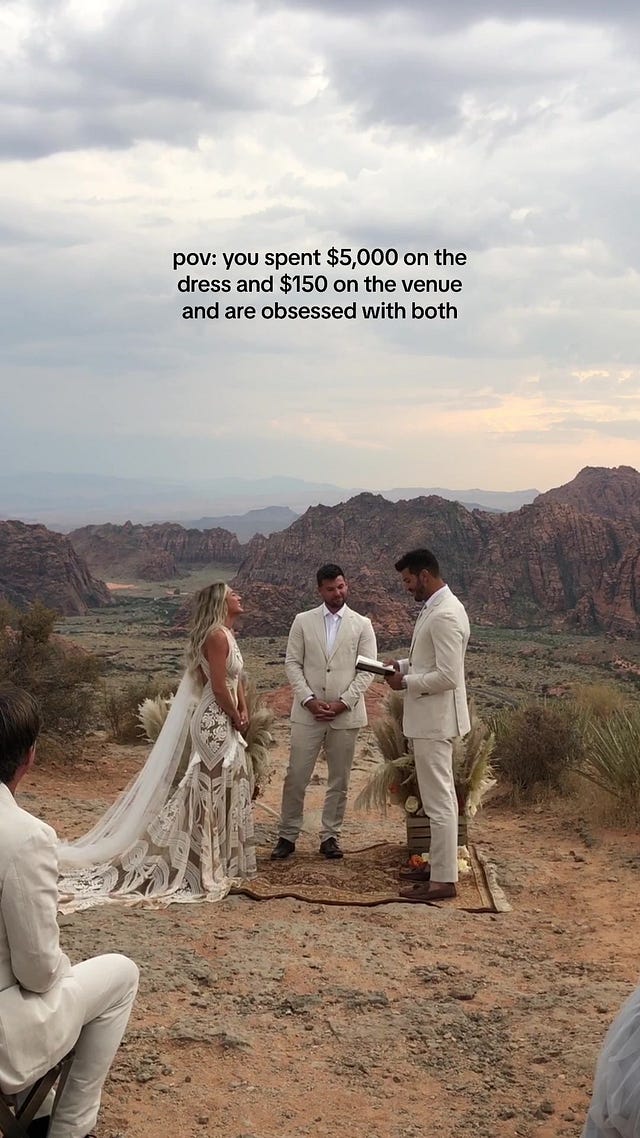
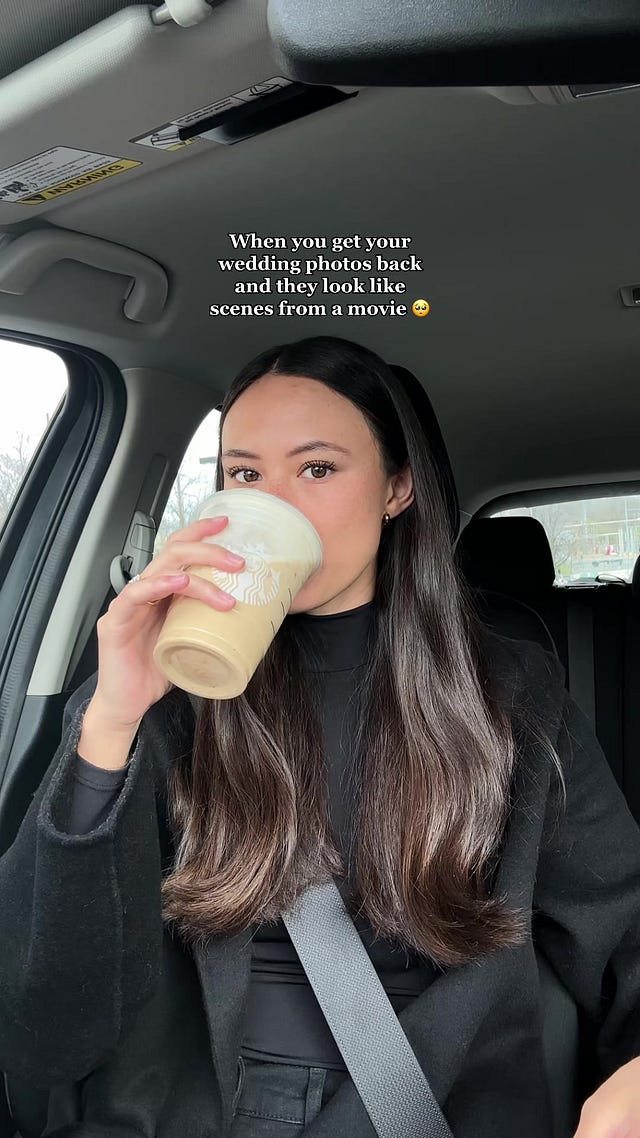

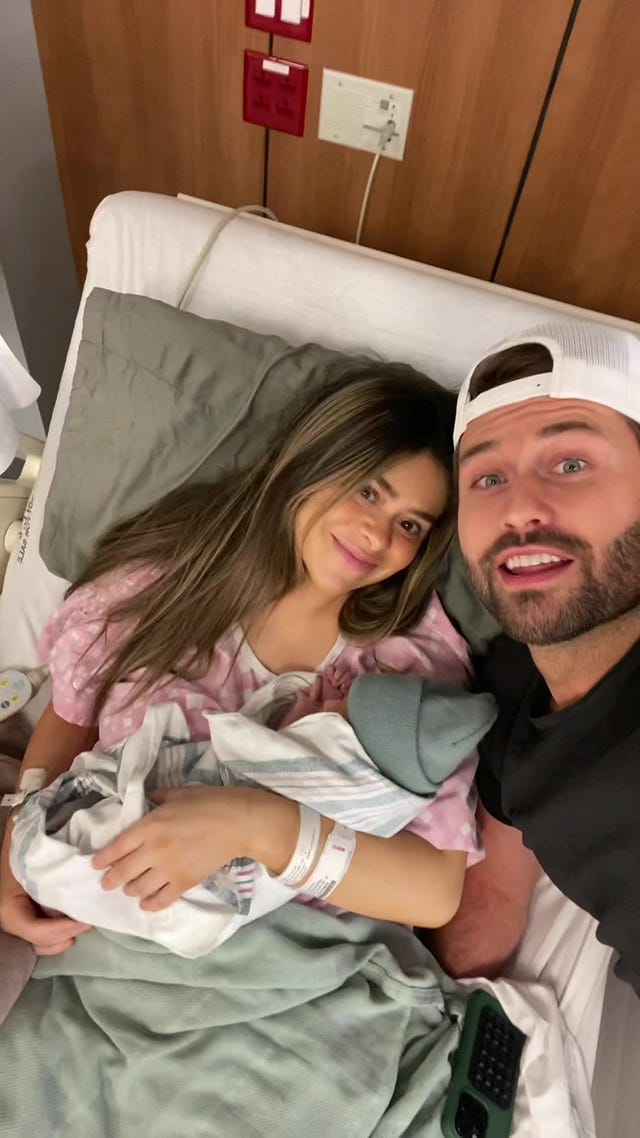

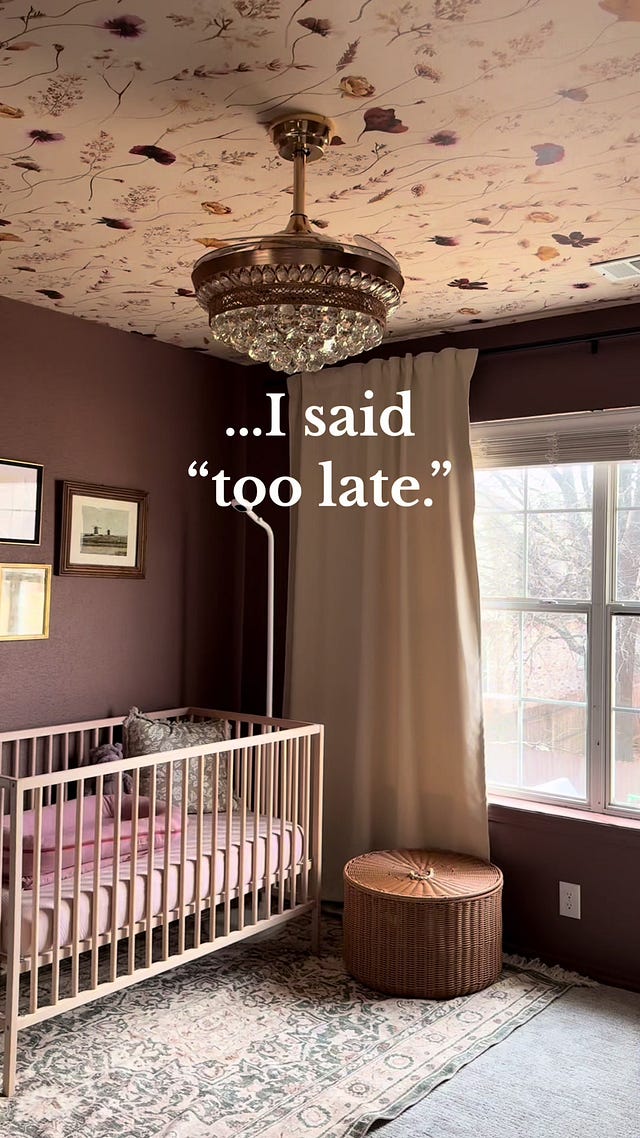
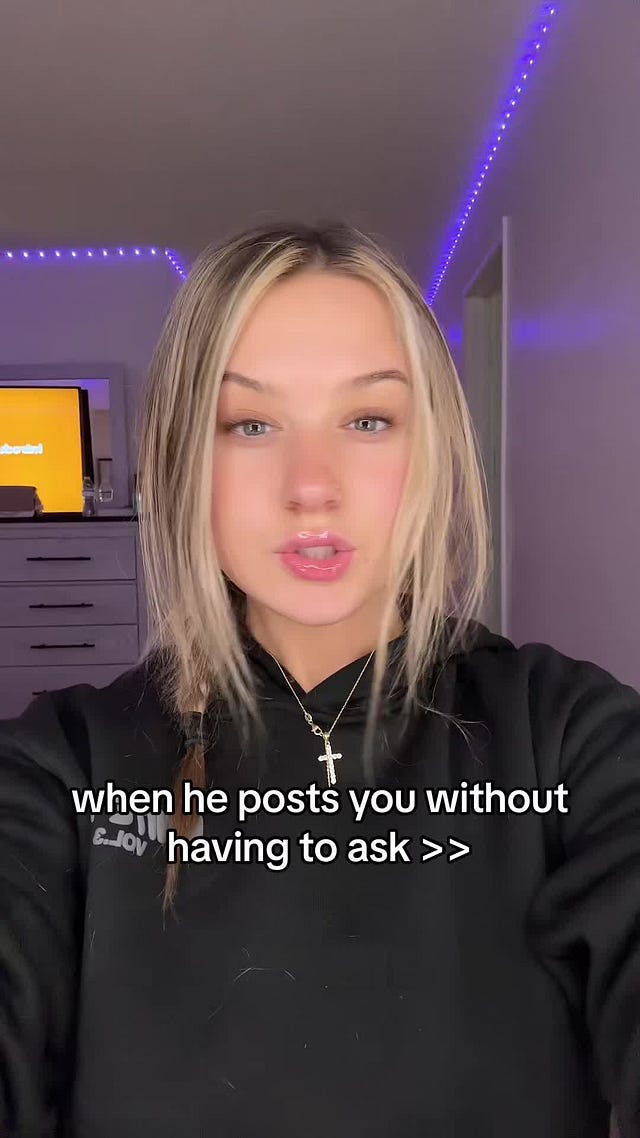


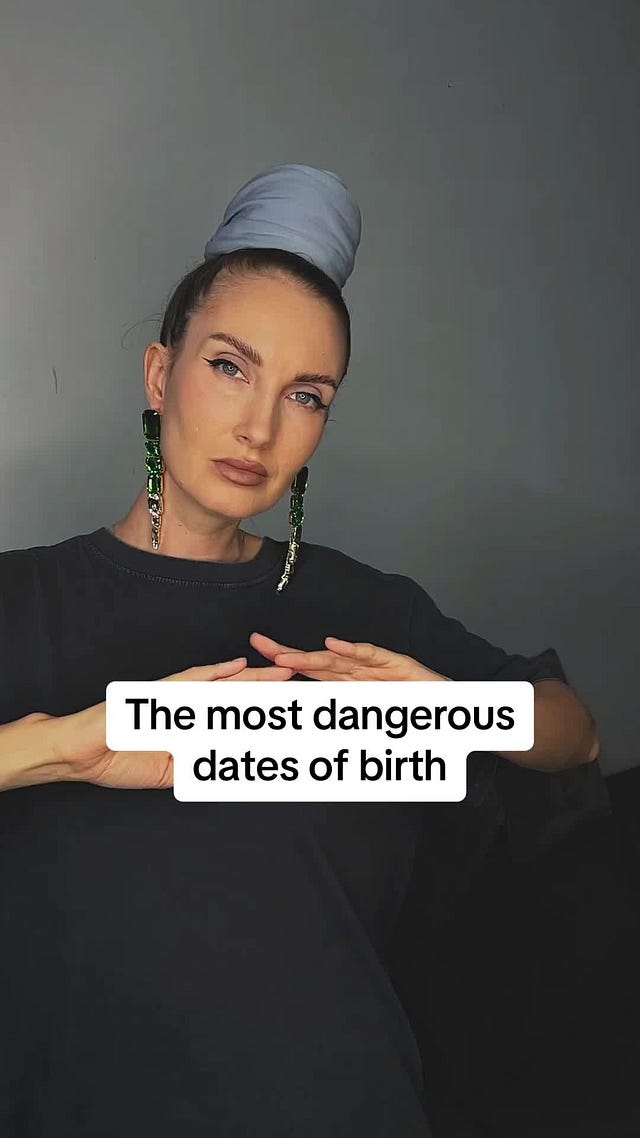





Reminds me that last week my son (7) looked up from his spotify account and said "my favorite song is 'royalty-free ukelele type beat'"
Re: Imagine Dragons my fave description I think I've ever seen was "music that makes your cousin join the army"